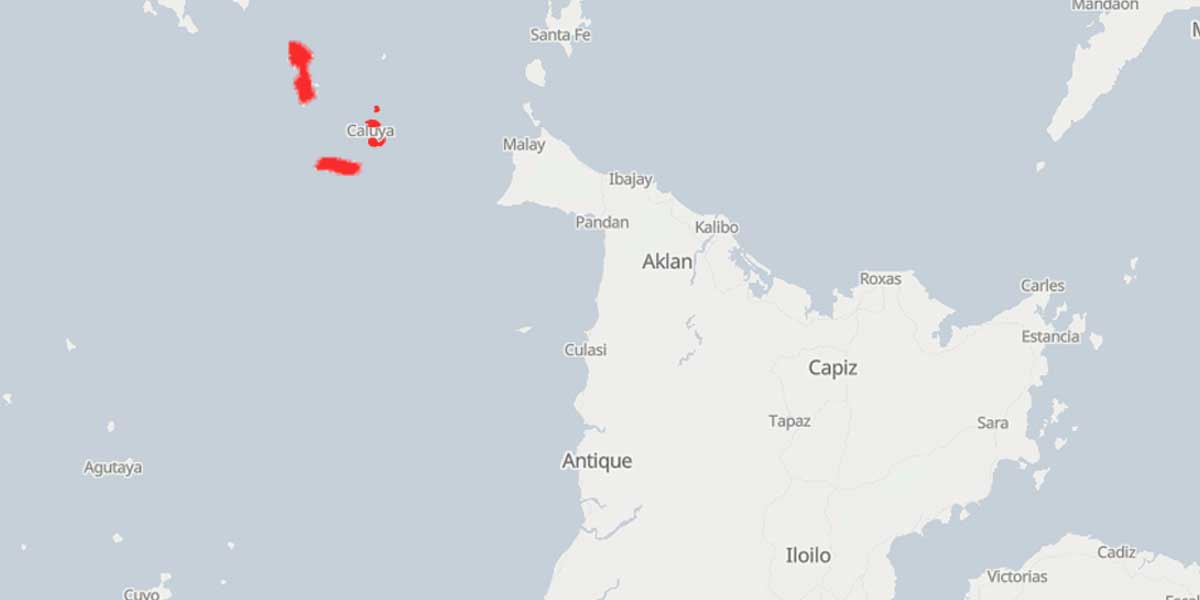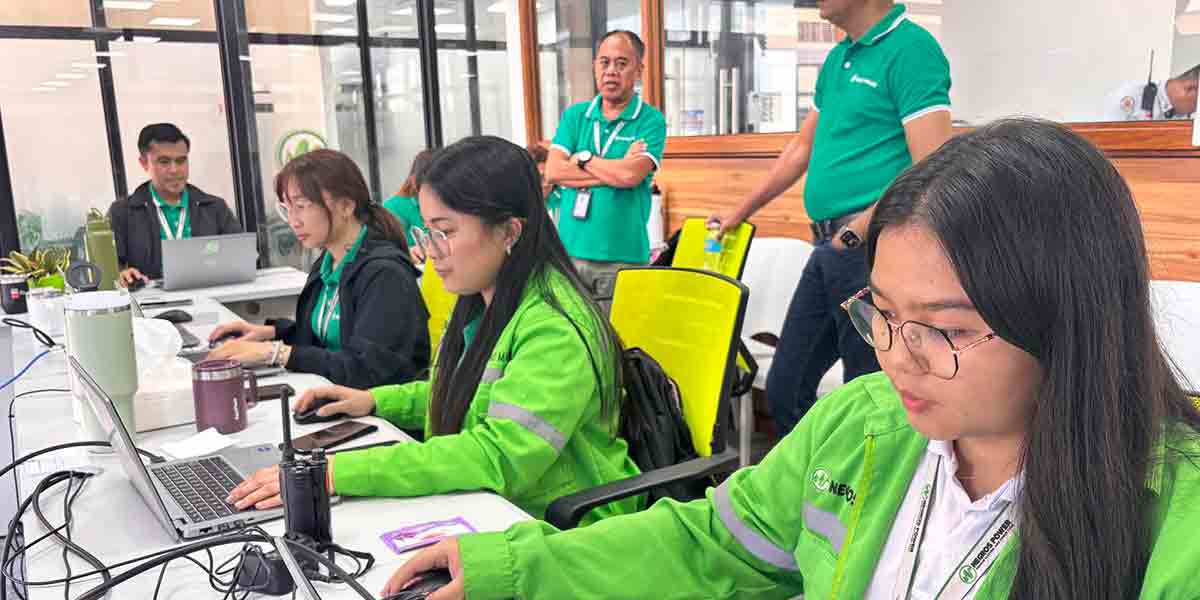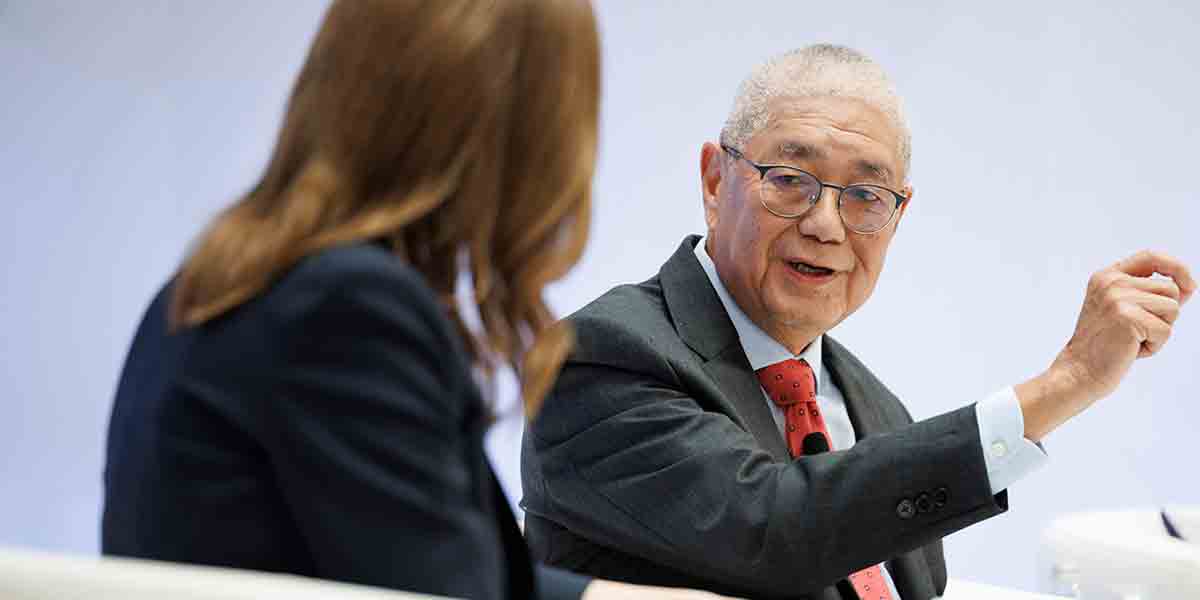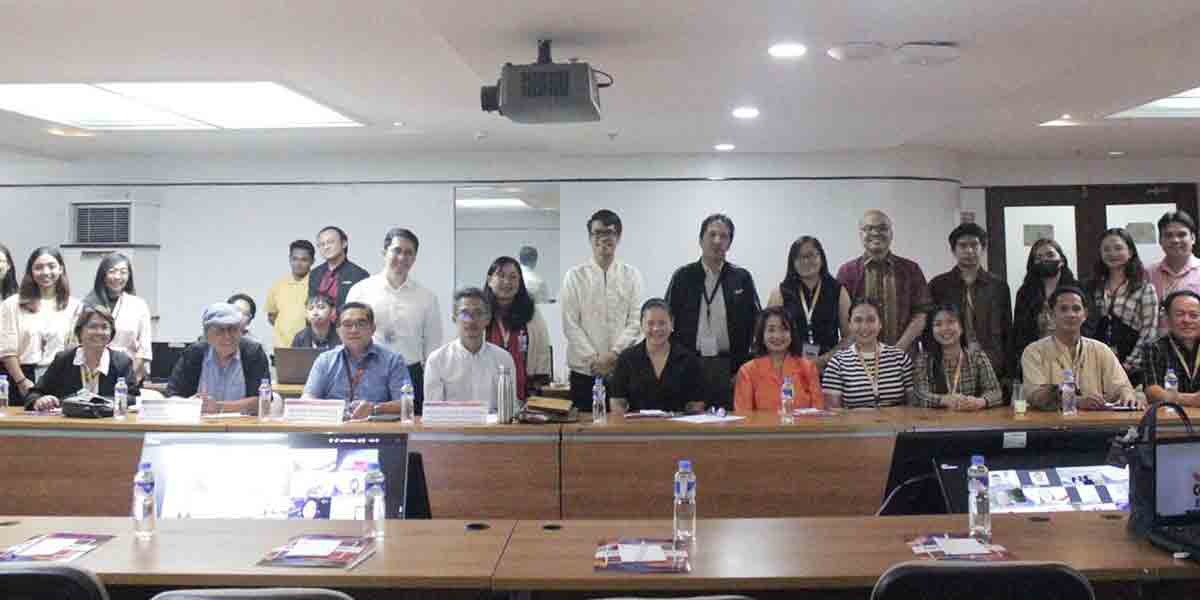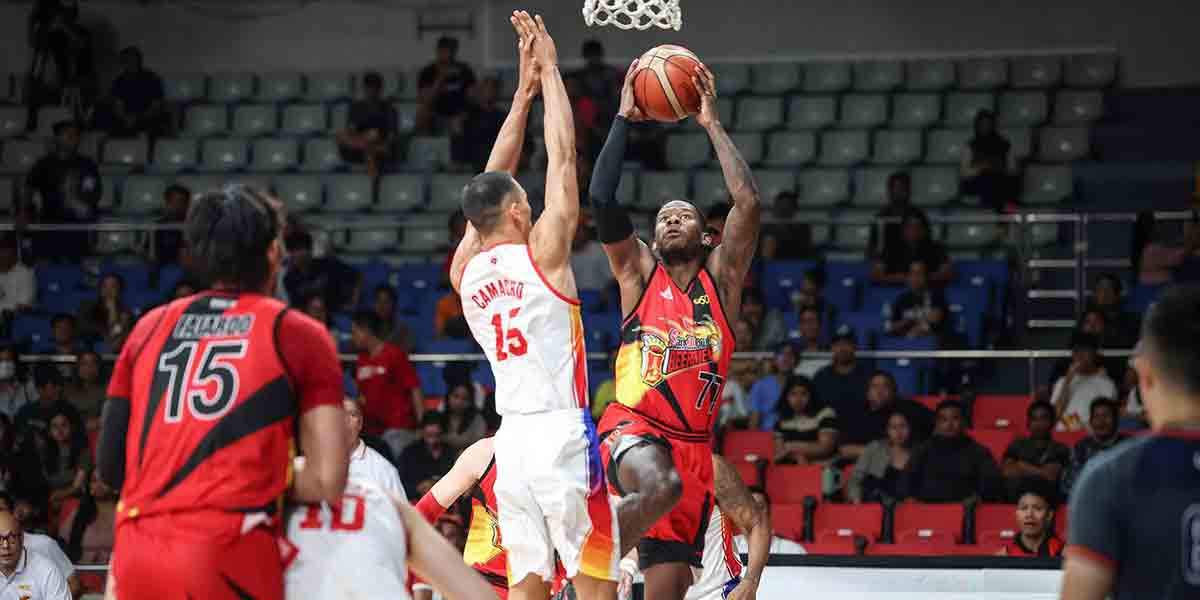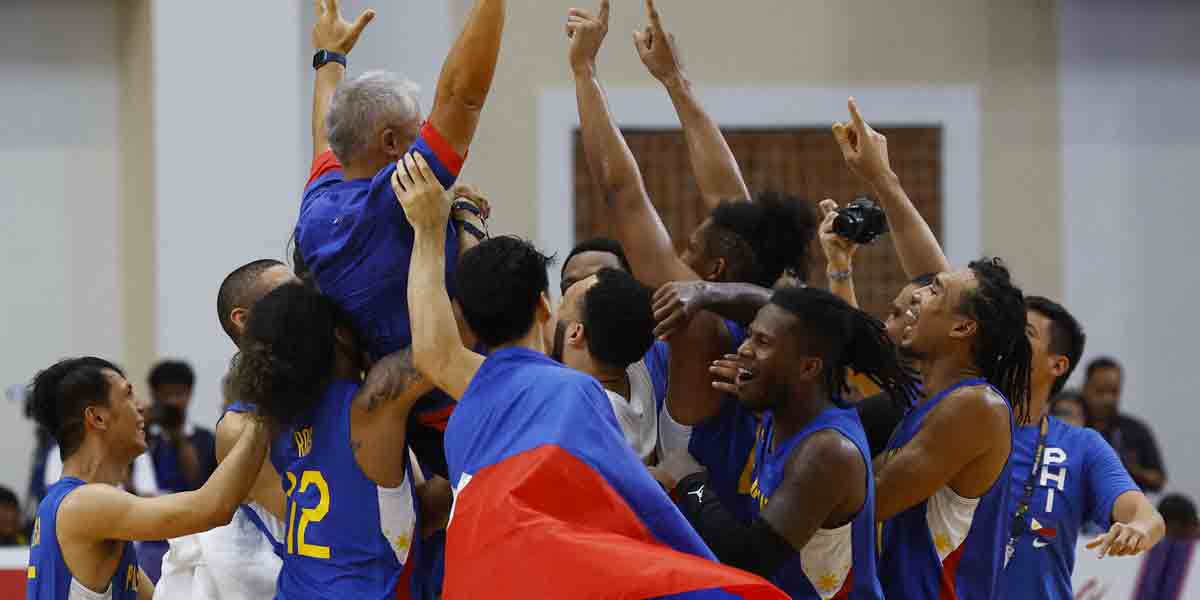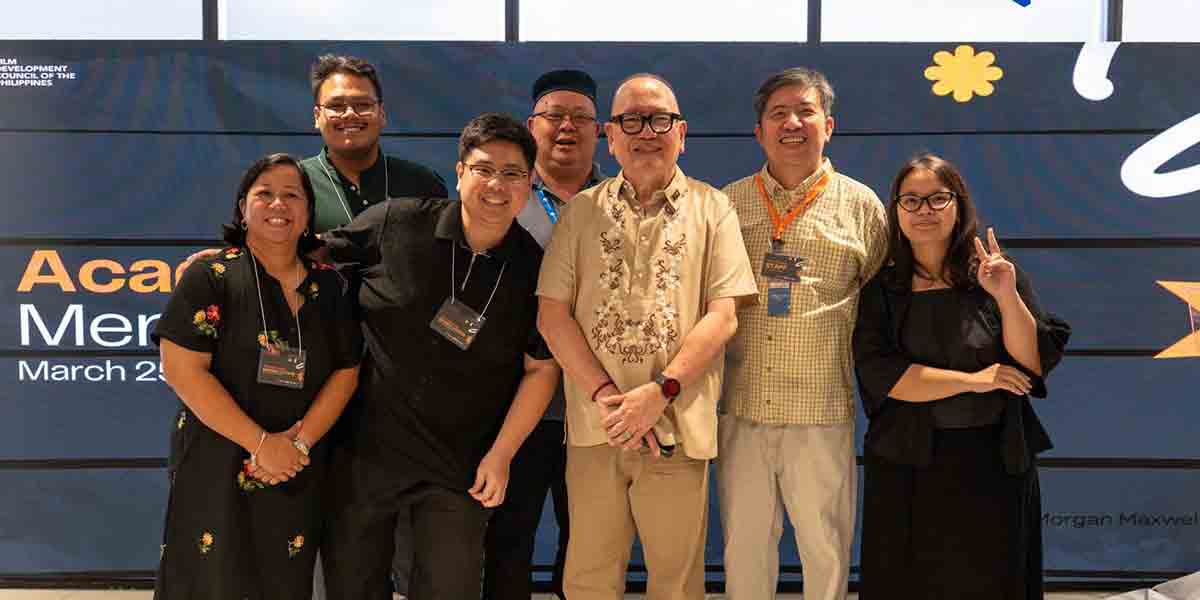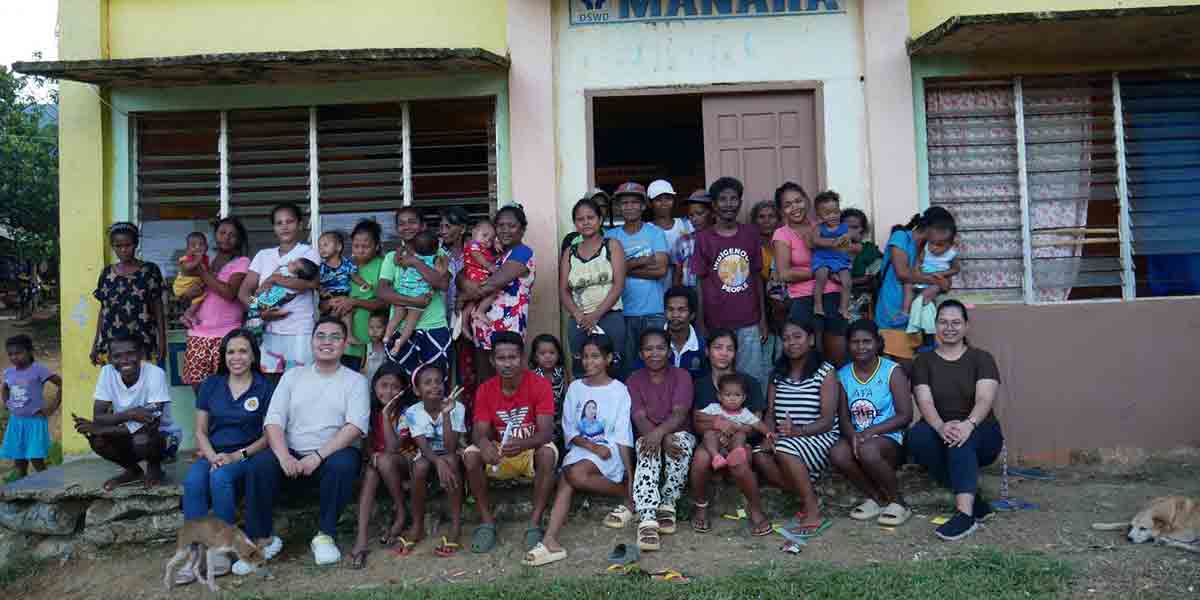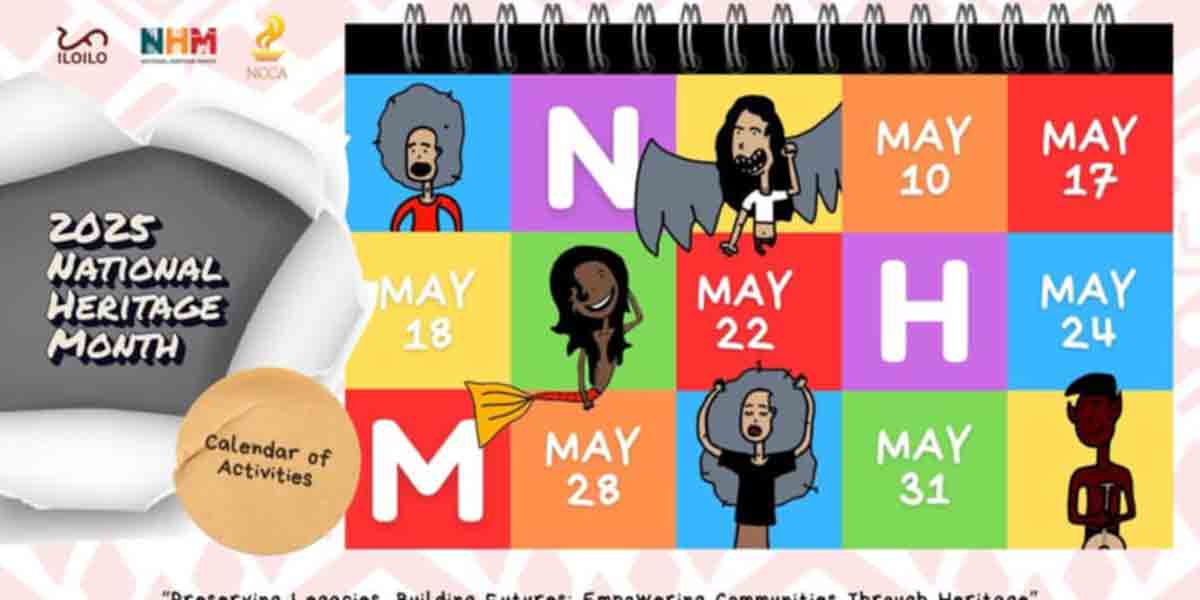
By Joseph B.A. Marzan
“When you compare the Marcos dictatorship and the Duterte administration now, the current one is a bit worse.”
This is how martial law survivor and activist Siegfred Deduro described the current administration when compared with the Marcos regime.
Deduro shared his thoughts to Daily Guardian during a protest program at Sunburst Park in Iloilo City on Monday, Sept 21, 2020.
The program was part of the commemoration of the 48th anniversary of the declaration of Martial Law led by the Panay People’s Coalition, a broad alliance of political groups in the region.
The late dictator Ferdinand Marcos declared Martial Law on Sept. 21, 1972 via Proclamation No. 1081.
Some scholars argue, however, that the real date of the beginning of Martial Law was two days later on Sept. 23.
Martial Law was lifted on Jan. 17, 1981 via Proclamation No. 2045.
In an interview, Deduro recalled his story as a member of the Kabataang Makabayan when he was a student at the University of the Philippines in Iloilo.
He and others were arrested during a protest in Bacolod City in October 1974 and were charged with violation of Republic Act No. 1700 (Anti-Subversion Law).
He and his fellow activists were then taken to a rehabilitation facility in Lahug, Cebu City, and afterwards to another facility in Bicutan, Taguig, where he stayed until his release in February 1977.
The defunct Anti-Subversion Law declared illegal the Communist Party of the Philippines (CPP) stating that it was “as an organized conspiracy to overthrow the government for the purpose of establishing in the Philippines a totalitarian regime”.
This was expanded by Marcos via Presidential Decree Nos. 885 and 1835 in 1976 and 1981, respectively, making a criminal act affiliating with a group and attending a meeting or taking part in any activity meant to overthrow the government with the open or covert assistance and support of a foreign power.
Marcos’ successor, President Corazon Aquino, reduced the law to its original form by repealing the PD Nos. 885 and 1835 via Executive Order No. 167 in 1987.
The law was finally repealed by President Fidel Ramos in 1992 via Republic Act No. 7636.
“During Martial Law, all people’s groups were banned. I was a student in the [University of the Philippines] back then, and our initial reaction at the time was that we were going to hold a protest here at the Freedom Grandstand. The [Iloilo City] mayor then was Rodolfo Ganzon, who also recognized the importance of protests. But suddenly, there were no classes, no television, no radio, no newspapers, and all union strikes were disallowed,” Deduro recalled.
After his release, Deduro became a community organizer and went to the rural areas of Iloilo province, where he said they also witnessed killings of Marcos critics and non-supporters, more to scare people into supporting the regime.
He said that the “turning point” of people’s anger towards the Marcos regime was the 1986 snap elections, where the incumbent faced his late rival’s wife, Corazon Aquino.
Both camps declared victory in the election that was marred by cheating allegations while counting was ongoing in the Batasang Pambansa complex in Quezon City.
The Marcos family fled shortly after, paving the way for protesters to swarm Malacañang Palace in Manila, and allowing Aquino to sweep into power as the first female President in Asia.
“The rallies went on until the Marcoses cheated during the snap elections, because he already had Ninoy killed, and had cheated the wife in the elections. It was a turning point, when encoders walked out of the Batasang Pambansa. For the people, it was the tipping point, and they couldn’t wait anymore for another election,” he said.
Deduro is currently the Vice-President for Visayas of the Makabayan Coalition, an alliance of political party-lists represented in Congress, which are allied with the democratic left.
Deduro warned that Duterte, his allies, and Marcos loyalists who have been in power have been “actively” revising the history behind Martial Law.
“The people in power right now are making a lot of systematic efforts to revise history. The ascension to power of the Marcos family and the approval of the bill celebrating Ferdinand Marcos’ birthday in Ilocos Norte is a big reversion of the truth. If this is what they’re going to do, the people here who have suffered under the hands of the Marcoses and their people would’ve died in vain. History has already judged the Marcoses, in Hawaii in 1995, and here in the Philippines on multiple times, that they did a lot of bad things,” Deduro told the crowd of protesters.
In comparing the two presidents, Deduro cited three common things: killings, weaponization of the law, and cronyism.
Deduro said that in ordering extrajudicial killings, Marcos had more finesse, while Duterte was “more of a street gangster”.
The Human Rights Watch lists up to 27,000 deaths from Duterte’s signature anti-drug campaign Oplan Tokhang, which has been in place since 2016.
This is higher than the estimated Martial Law death toll, which is pegged at 3,257 known extrajudicial killings.
He also mentioned Martial Law as Marcos’ weaponization of the law, while Duterte used present laws as well as the passage of hotly debated Republic Act No. 11479 (Anti-Terror Law).
“What is the same right now is the killings, even if there isn’t any death sentence. Marcos and Duterte are the same in that, but Duterte’s a bit worse. Marcos, in ordering the killings, had a bit more finesse than Duterte, who is more of a bully on the street. They both weaponize the law, Marcos with Martial Law, and Duterte with the Anti-Terror Law,” Deduro said.
As to cronyism, Deduro said that Duterte’s supporters and donors are the biggest beneficiaries of his administration.
He mentioned Dennis Uy, whose joint venture with the Chinese government, DITO Telecommunications, was named as the third major player in the telecommunications market in the country.
DITO’s legislative franchise was also approved by the House of Representatives on Aug. 24, 2020.
“Another one is the cronies. If Marcos had his cronies, Duterte also developed his own, and the biggest of that is Dennis Uy, who was his biggest funder,” he said.
He also shot back at Marcos loyalists who continue to assert that Marcos’ administration was the best, saying that they were either benefitting from the administration or they were ignorant.
“These people who were thinking that Marcos was the best president because of the things that he built and done, maybe they were either beneficiaries from it, or they simply didn’t study enough on it. We have enough resources and people to prove the atrocities, I think they should take a good look at it,” he said.
CONTINUING THE FIGHT
Krisma Porquia, whose late father Jory Porquia also took part in anti-Marcos protests in the heyday of Martial Law, told Daily Guardian it was important for children to continue their parents’ legacy of activism.
Jory, who was the Panay Coordinator of Bayan Muna Partylist, was shot dead by unidentified assailants on Apr. 30, 2020 while tending to relief operations in the height of lockdowns due to the coronavirus disease 2019 (COVID-19).
Her older brother, Lean Porquia, joined social media personalities in filing one of the petitions against the constitutionality of Rep. Act No. 11479.
Krisma said that the injustices which her father fought with other activists in the Marcos era have not been completely thumped down, which is why for them, it was important that they carry on with their father’s legacy in activism.
“The injustices which were fought by my parents during that time are actually still here. Yes, we recognize that there are some small but significant victories starting with the overthrow of the Marcoses, but if we look at both the bigger and smaller pictures, the things that my father was rallying against back then, are still there,” Porquia said.
She added that backing down “was not an option” for their family.
“If we backed down after his death, then we will let those on the side of injustice win. We are here to let them know that we are breathing, we are fighting, and we are not letting them win. We are watching them, and we will fight the way we know how, by raising awareness through organizing people and marching in the streets,” she said.



